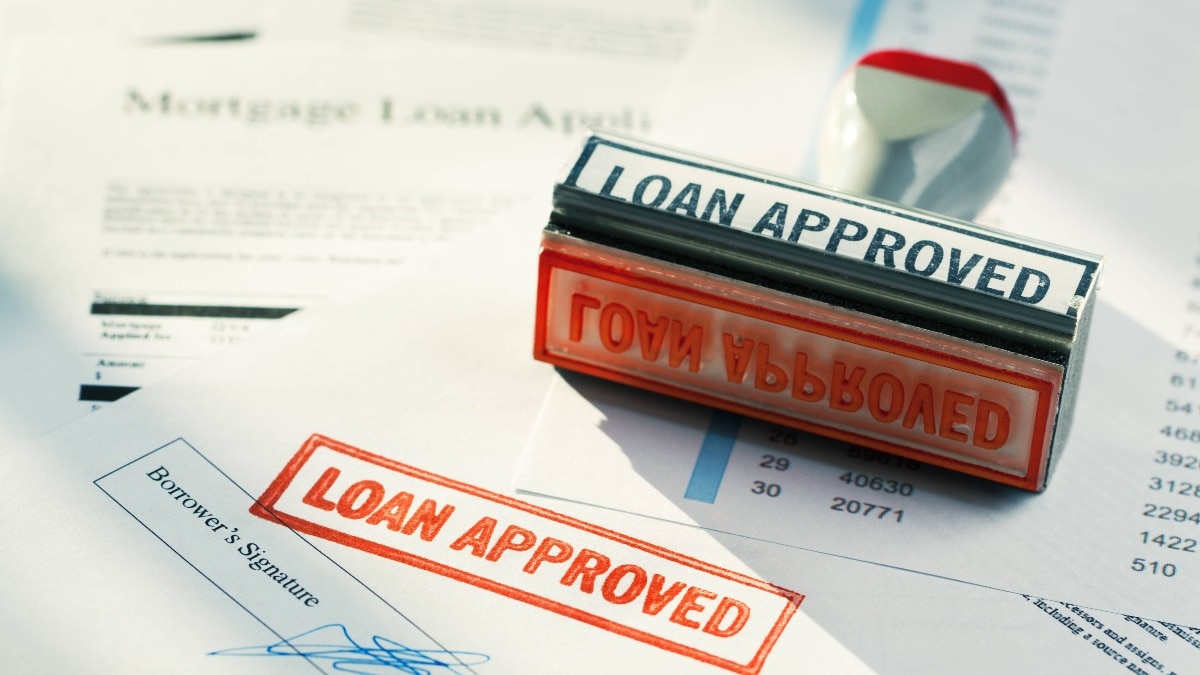If you’re repaying a home loan or an electric vehicle (EV) loan, you could be eligible for substantial tax deductions under various sections of the Income Tax Act. These benefits can help you save thousands—if claimed correctly in your Income Tax Return (ITR). As the filing deadline approaches, here’s a complete guide to ensure you don’t miss out.
X Channel e-filetax shared a detailed post on how taxpayers can save crucial tax deductions for their home and EV loans. Here’s the explanation:
Understanding Section 24 of the Income Tax Act
Section 24 of the Income Tax Act, 1961, is your key to saving on the interest paid on home loans. This section falls under the category ‘Deductions from income from house property’ and applies to both self-occupied and let-out residential properties.
Under Section 24(b), you can claim:
Up to Rs 2 lakh per financial year on the interest paid for a self-occupied residential property.
No upper limit on interest deduction for let-out or rented properties, although only Rs 2 lakh of loss can be set off against other income in a financial year.
Only the interest component of the EMI is covered under this section. The principal is handled separately under Section 80C.
Section 80C: Tax Benefit on Home Loan Principal
The principal component of your EMI can be claimed under Section 80C, up to a limit of Rs 1.5 lakh per annum. This includes repayment of the home loan, stamp duty, and registration charges, provided:
The house is constructed and ready for possession.
The loan is for a residential property.
No deduction is available for loans taken for repairs, renovation, or reconstruction.
This benefit is not available under the new tax regime.
Extra perks
To encourage housing affordability, the government introduced additional sections to boost tax relief:
Section 80EE: Offers an extra deduction of Rs 50,000 on interest for first-time homebuyers. Applicable only for loans sanctioned between April 1, 2016, and March 31, 2017, where the loan amount does not exceed Rs 35 lakh and property value is capped at Rs 50 lakh.
Section 80EEA: Introduced to extend benefits to affordable housing, it allows an additional Rs 1.5 lakh deduction on interest for loans taken between April 1, 2019, and March 31, 2022. To qualify, the stamp duty value must not exceed Rs 45 lakh.
Section 80EEA was launched to promote the ‘Housing for All’ mission and revive the real estate sector during a slowdown. Notably, even non-resident individuals (NRIs) can claim this deduction.
EV loans
Thinking green? Loans for electric vehicles (EVs) also come with tax perks. Under Section 80EEB, you can claim a deduction of up to Rs 1.5 lakh on the interest paid on EV loans sanctioned between April 1, 2019, and March 31, 2023. This benefit applies to both electric two-wheelers and four-wheelers, making sustainability more affordable.
Don’t forget loan disclosures
Your Income Tax Return forms specifically ask for loan and interest details under Sections 24(b), 80C, 80EE, 80EEA, and 80EEB. Entering this information accurately ensures you claim valid deductions and avoid errors or missed refunds.
Who can claim these deductions?
Any individual owning a residential property, whether self-occupied or rented, is eligible under Section 24.
You can also claim both home loan benefits and HRA (House Rent Allowance), provided certain conditions are met—such as living in a rented house in a different city while owning a home elsewhere.
Taxpayers should collect interest certificates from their lender and retain loan sanction letters, EMI statements, and property documents. These may be required for verification by the Income Tax Department.
